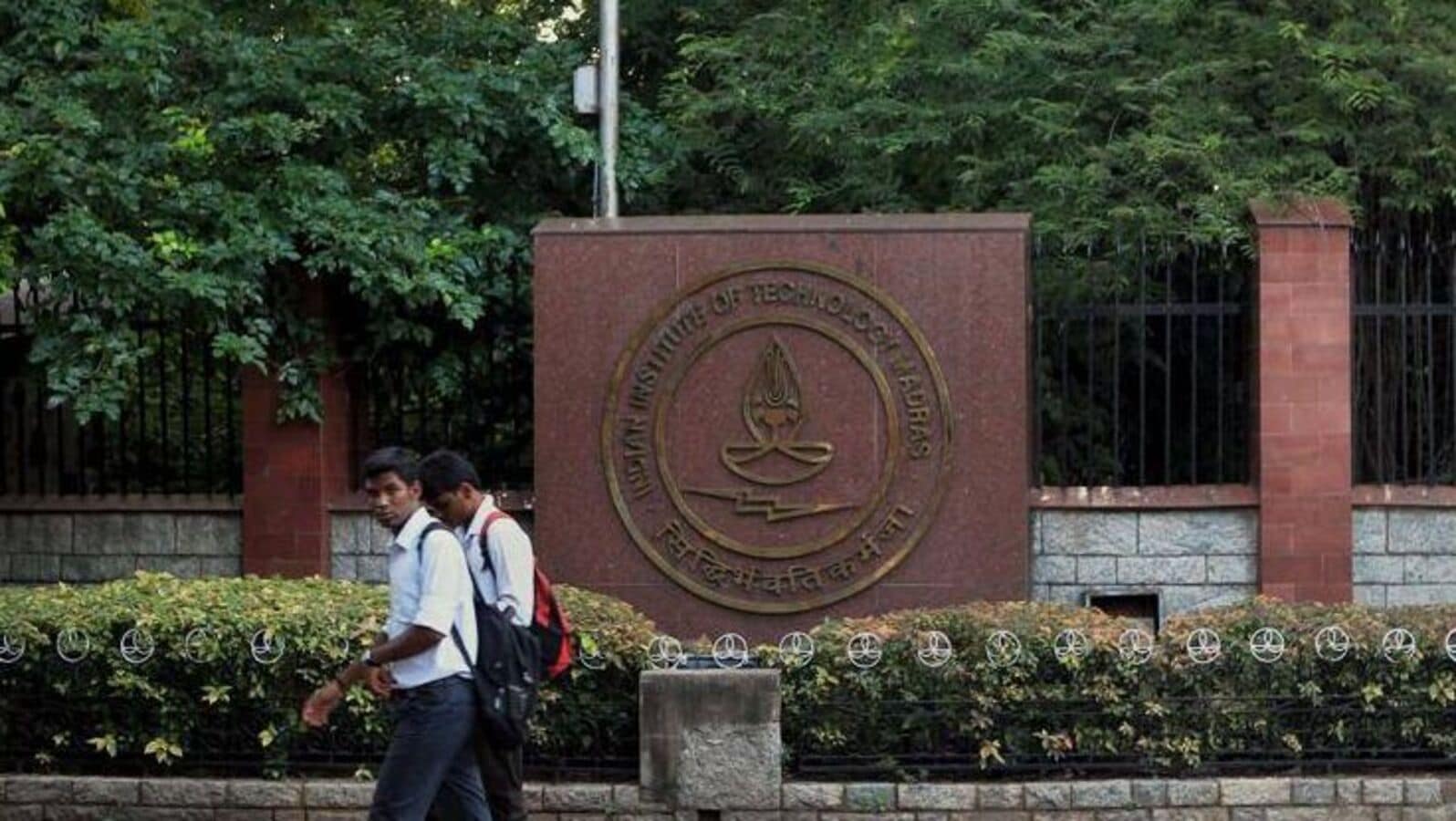Frequently Asked Questions
IT Madras BS Degree in Data Science and Applications:- Frequently Asked Questions

IIT Madras BS Degree in Data Science and Applications: Frequently Asked Questions
What is the IIT Madras BS Degree in Data Science and Applications programme?
This is an online programme offering various exit points, allowing learners to earn a Foundation level certificate, Diploma in Programming, Diploma in Data Science, a BSc degree in Programming and Data Science, or a BS degree in Data Science and Applications from IIT Madras. The course content is delivered online, but monthly quizzes and final semester exams require in-person attendance at designated centres. The programme is open to individuals of any background and age, with no geographical limitations on learning besides exam centre travel.
What are the different levels and qualifications offered within the programme?
The programme is structured in four levels, each building upon the previous one:
Level 1: The Foundation level: Comprises 8 foundational courses (32 credits) covering subjects like English, Mathematics, Statistics, Computational Thinking, and Introduction to Python. Successful completion earns a Foundation level certificate.
Level 2: Diploma level: Includes two distinct diplomas: Diploma in Programming and Diploma in Data Science. Each diploma consists of 6 courses (23 credits) and 2 project courses (4 credits), totalling 54 credits for both diplomas.
Level 3: BSc Degree level: Requires completion of the Foundation and Diploma levels, totalling 114 credits. This level includes mandatory core courses, a professional growth course, and allows for some credits from NPTEL courses.
Level 4: BS Degree level: Requires completion of 142 credits, building upon the BSc level. This level offers options for apprenticeship credits and includes mandatory level 4 courses in both programming and data science streams.
How can someone gain admission to the programme?
There are two main entry pathways:
Regular Entry into Foundation level: Applicants must pass a Qualifier exam. Eligibility for the Qualifier exam is based on achieving minimum average scores in weekly assignments in the four initial subjects over a 4-week period. The Qualifier exam itself requires meeting minimum individual subject cut-offs and a total cut-off score. Qualifier scores are valid for 3 subsequent terms for registration to the Foundation level.
JEE-based Entry into Foundation Level: Students who have qualified for the JEE Advanced Exams can gain direct entry into the Foundation level. They need to apply through the Qualifier process and provide valid proof of their JEE Advanced eligibility.
Additionally, there is a Direct Entry into Diploma programme pathway primarily aimed at working professionals or those with existing fundamentals. This requires completing 2 years of any undergraduate degree programme and passing a separate Direct Admission to Diploma (DAD) qualifier exam for either the Diploma in Programming or the Diploma in Data Science.
What are the fees for the programme, and are there any fee waivers?
The fees vary depending on the level of study and the number of credits taken in a term. The Qualifier exam has a non-refundable entry fee of Rs. 3000, with suitable waivers available. Fee waivers are offered based on the learner’s category (General, EWS, OBC, SC/ST, PwD) and family income. The programme is designed with lower first-year fees to encourage initial participation. Specific fee structures for each level and cost per credit are detailed in the handbook, including separate facilitation fees for students taking exams outside India.
How is the Credit Clearing Capability (CCC) determined, and how does it affect course registration?
The CCC determines the maximum number of courses a learner is permitted to register for in a term. For the first term, it is decided by Qualifier marks. From the second term onwards, the CCC is calculated based on the average marks of courses passed in the preceding terms. If a learner fails all courses in a term, their CCC for the next term is set to 2. While the CCC is enforced for most learners, for students in the Foundation level from May 2024 onwards, the CCC will be a recommendation to allow them flexibility in meeting new course completion checkpoints.
What is the academic calendar and how does course registration work?
The academic year is divided into three terms: January-April, May-August, and September-December. Foundation, Diploma level courses, and mandatory BSc level courses are offered every term. Learners can register for courses based on their CCC, subject to fulfilling prerequisite requirements. Students cannot register for courses across different levels in the same term. The minimum duration for completing any level is 36 months (3 years/9 terms), and the entire programme must be completed within 96 months (8 years/24 terms). Course registration is done online, and payment is made per credit.
How are courses graded and what are the passing criteria?
Courses are graded using an absolute grading system based on the Total Course Score (T), which is the sum of all assessment components. A candidate passes a course if their Total Course Score is 40/100 or higher. Letter grades from S (highest) to E (lowest passing grade) and U (fail) are awarded based on score ranges. GPA is calculated per term, and CGPA is computed for all unique courses completed, with the best grade being considered in case of multiple attempts. Project courses have specific grading criteria, including L1 and L2 vivas.
What are the policies regarding repeating or dropping courses and academic progression?
Learners can repeat a course for improvement in grades any number of times, with the highest score being considered for CGPA calculation (though repeating for improvement after completing diplomas may not count for prizes). Repeating a course for improvement incurs double the regular course fee. Learners can also repeat courses if they receive a failing grade (U, WA, WQ) or an Incomplete (I) grade. An Incomplete grade may allow for a Make-Up Exam in the subsequent term instead of repeating the entire course. Dropping a course is permitted within the first 4 weeks of a term, with a portion of the fee being retained as an administrative charge and the rest credited to the student wallet for future course registration. Specific checkpoints and maximum time limits for completing each level are in place, with failure to meet these potentially leading to academic probation or removal from the programme. To progress to the BSc level from May 2024 onwards, students must achieve a CGPA of 6.0 or higher at the end of the two diplomas and a CGPA of 7.0 or higher in all completed diploma level projects.
NotebookLM can be inaccurate; please double-check its responses.





